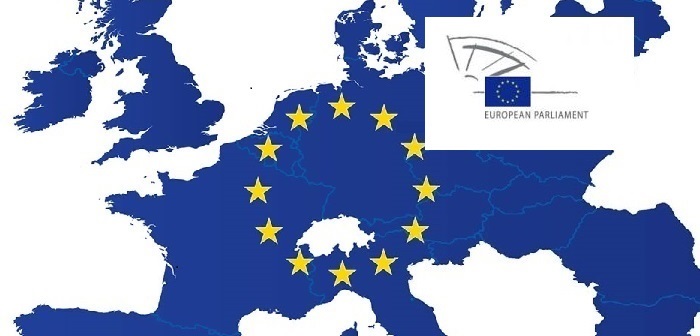The European Commission (EC) has been urged to come up with improved proposals to combat unfair trading practices in the food supply chain, particularly addressing “fear factor” experiences faced by many producers when dealing with supermarkets and hypermarkets.
MEPs, voting in the European Parliament (EP), backed the call for action on unfair trading issues by an over-whelming 600 votes to 48, concluding that “all players in the food supply chain should enjoy the same rights”.
“The initiatives taken so far have not been effective,” said EP rapporteur Edward Czesak. “More work should be done to improve relations between suppliers and supermarkets and hypermarkets, especially when it comes to minimising the so-called ‘fear factor’. We also call on the EC to do more when it comes to developing new tools to help counteract unfair trading practices.”
The EP resolution also stated that income and power imbalances in the food supply chain must be tackled as a matter of urgency in order to improve farmers’ bargaining power, stressing that selling below the cost of production, and the serious misuse of basic agricultural foods as “loss leaders” by large-scale retailers, threatened the long-term sustainability of EU production for such items.
“Farmers and small and medium businesses are particularly vulnerable to unfair trading practices (UTPs),” said MEPs in a statement issued after the vote. “They are sometimes forced to sell at a loss when price negotiations with a stronger party put them at a disadvantage; for example, by making them bear the cost of supermarket markdowns and reductions. Consumers are also disadvantaged, as their choice of products and access to new and innovative goods are limited.”
The statement also declared that voluntary and self-regulatory schemes have so far shown only “limited results” owing to a lack of proper enforcement, under-representation of farmers, conflicts of interest between the parties, dispute settlement mechanisms that fail to reflect the supplier “fear factor” and the fact that they do not apply to the whole supply chain.
“Framework legislation at EU level is necessary in order to tackle UTPs and to ensure that European farmers and consumers have the opportunity to benefit from fair selling and buying conditions,” they said.
“UTPs consist, for example, of delaying payments, restricting access to the market, unilateral or retroactive changes to contract terms, sudden and unjustified cancellation of contracts, unfair transfers of commercial risk and transferring transport and storage costs to suppliers.”
MEPs duly added that the Supply Chain Initiative and other national and EU voluntary systems should be promoted, in addition to the introduction of effective and robust enforcement mechanisms at member state level, ensuring that complaints can be lodged anonymously and establishing dissuasive penalties, all with EU-level coordination.
MEPs also encouraged producers and traders, including farmers’ organisations, to get involved in the development of such initiatives.


